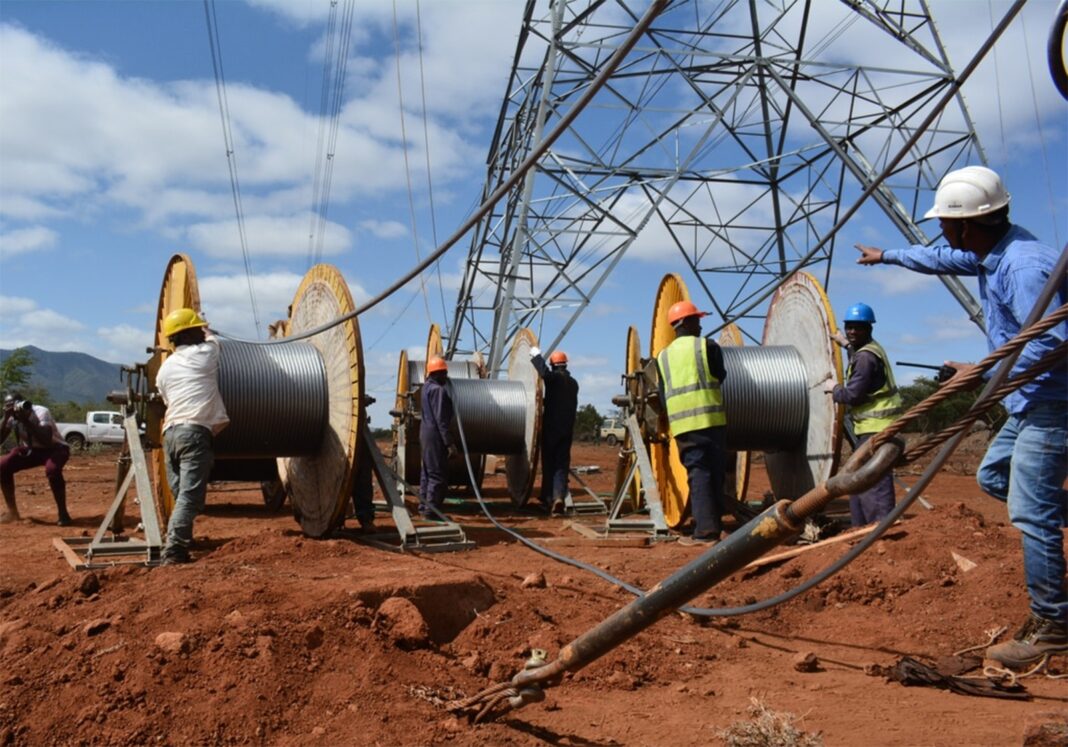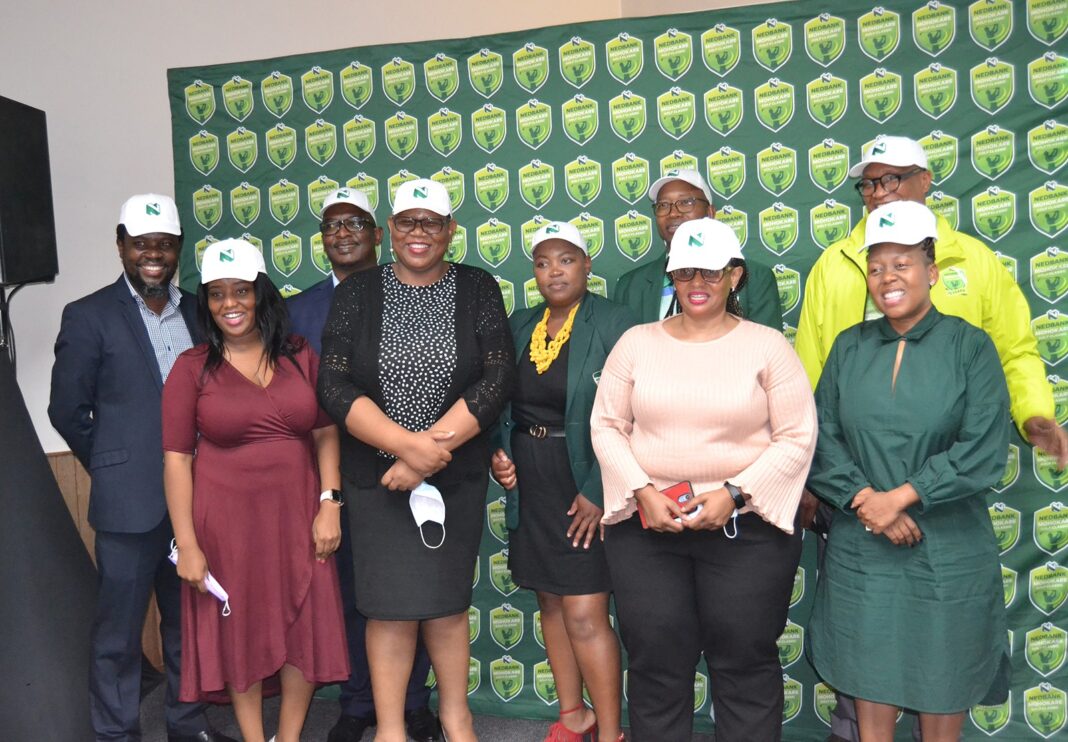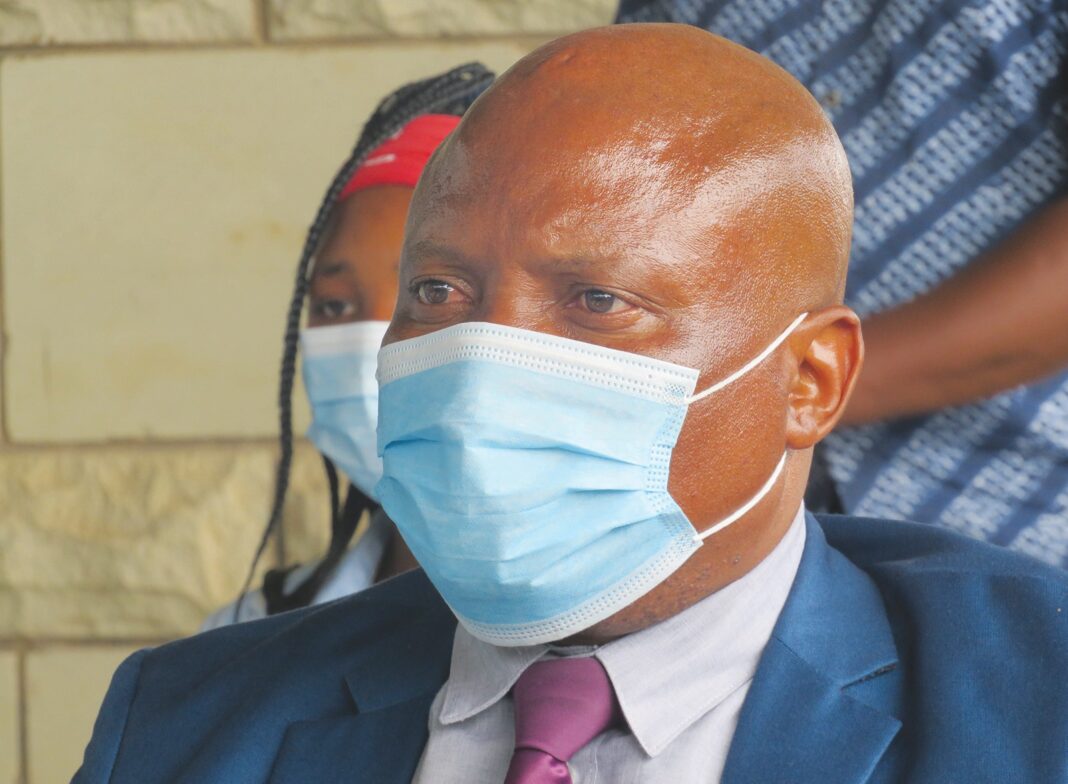By Motšelisi Sekonyela
A staggering M9-billion is required if a plan to electrify all Basotho households is to be achieved in an eight-year period commencing this year, it has emerged this week.
This after the ministry of energy, working in partnership with the ministries of development planning and of finance, said it is working on a strategic plan to install electricity for 100 percent of Basotho households by 2030.
According to the energy ministry, the process of powering the nation started in 2001 whereby the government conducted a study of the country’s terrain and map layout.
The study allowed for the country’s towns and villages to be prioritised during the implementation of the project. Facilities such as schools and health clinics are set to be powered first.
According to the ministry of energy, there are currently 52 percent of Basotho homes with electricity. That, it said this week, leaves it with 48 percent of homes to have electrified in a period of eight years.
The principal secretary of the energy ministry, Themba Sopeng, said about M9-billion is needed to realise the plan.
“The reason there is still a significant number of Basotho households without electricity, especially in the highlands is lack of funds. The budget that our ministry gets annually only allows for a fairly small number of places to be powered. With more money, we can definitely power more places,” Sopeng said.
According to Sopeng, the ministry’s coffers are empty after it received M150-million in the 2021/2022 national budget. He claimed this ministry splashed out M120-million to the ministry of health to help in COVID-19 related issues, leaving the ministry with a meagre M30-million spent to power only two places.
Sopeng is optimistic the ministry of finance will inject M55-million into the energy account to “get some projects started.”
The ministry is eyeing international funding sources to come to its rescue in lending much needed funding to implement the giant power plan.
He believed that the supply of power to the households will reduce crime rate as most activities are carried out “during the night when it is dark.”
“It is a well-known fact that urban places with street lights have reduced night crimes, but it is a different case for rural areas that have no electricity,” Sopeng claimed.
He urged that electricity is part of efforts to improve the standard of livelihoods of the inhabitants.
Commenting on the feasibility and realisticity of the ministry’s plan to electrify almost half of the households of Lesotho in eight years, utility body Lesotho Electricity Company (LEC) public relations officer, Makhetha Motṧoari, said as the supplier of electricity, the company is ready to support government plan of “electrifying the whole country by 2030.”
Among other things, LEC helps the government in drawing project designs, awarding tenders and supervising contractors. It also helps the government in estimating electricity supply projects’ costs.
Motṧoari strongly argued the mammoth initiative will bring much-needed growth for LEC as it will increase customer base while creating thousands of jobs for the unemployed.
That, he added, will require the government-owned entity to increase its transmission capacity by erecting more power stations.
This, he said, is possible as currently there is a solar power station being built in Mafeteng, while others are still in the pipeline as part of the company’s mandate to back local generation of electricity.
“As LEC, we have a duty to work together with the ministry of energy to power the nation and to make sure that the government projections in this regard come to pass. In the same way, we will see to it that by 2030 Basotho households are electrified. It is an achievable goal with the right planning and adequate budget,” Motṧoari said.
In an effort to establish the role and involvement of local governments in this grand plan, this publication approached the chairman of the Kanana Community Council, Zwane Tsakatsi who said local authorities are not included in the scheme which he insisted they should be part of.
“I do not even know that there is such a mandate by the government. There is a serious lack of communication between the central government and the local government.
“If the ministry of energy plans to power each and every village, this should have been communicated with the counsellors, as it is our duty to identify land that will be used for the erecting of electric poles and other infrastructure, as well as villages that are still without electricity.”
Meanwhile, decentralisation expert Mpopo Tṧoele says the power wrangle between the central government and local governments is real and is as disturbing as it is counterproductive.
“This is something that should not be happening, especially given the fact that there is clear separation of duties that both authorities perform that should not interfere with the other.
“There is absolutely no need for ministries to not be working with community councils because they do even not perform the same duties. Policy formulation, project conception and budget allocation are the brief of ministries at all times. However, implementation and facilitation of projects down there at community level should be left to local authorities who are on the ground to oversee the day to day progress. The reason ministers cling to local power is so they can buy political favour from voters while at the same time avoiding accountability,” Tṧoele said.









